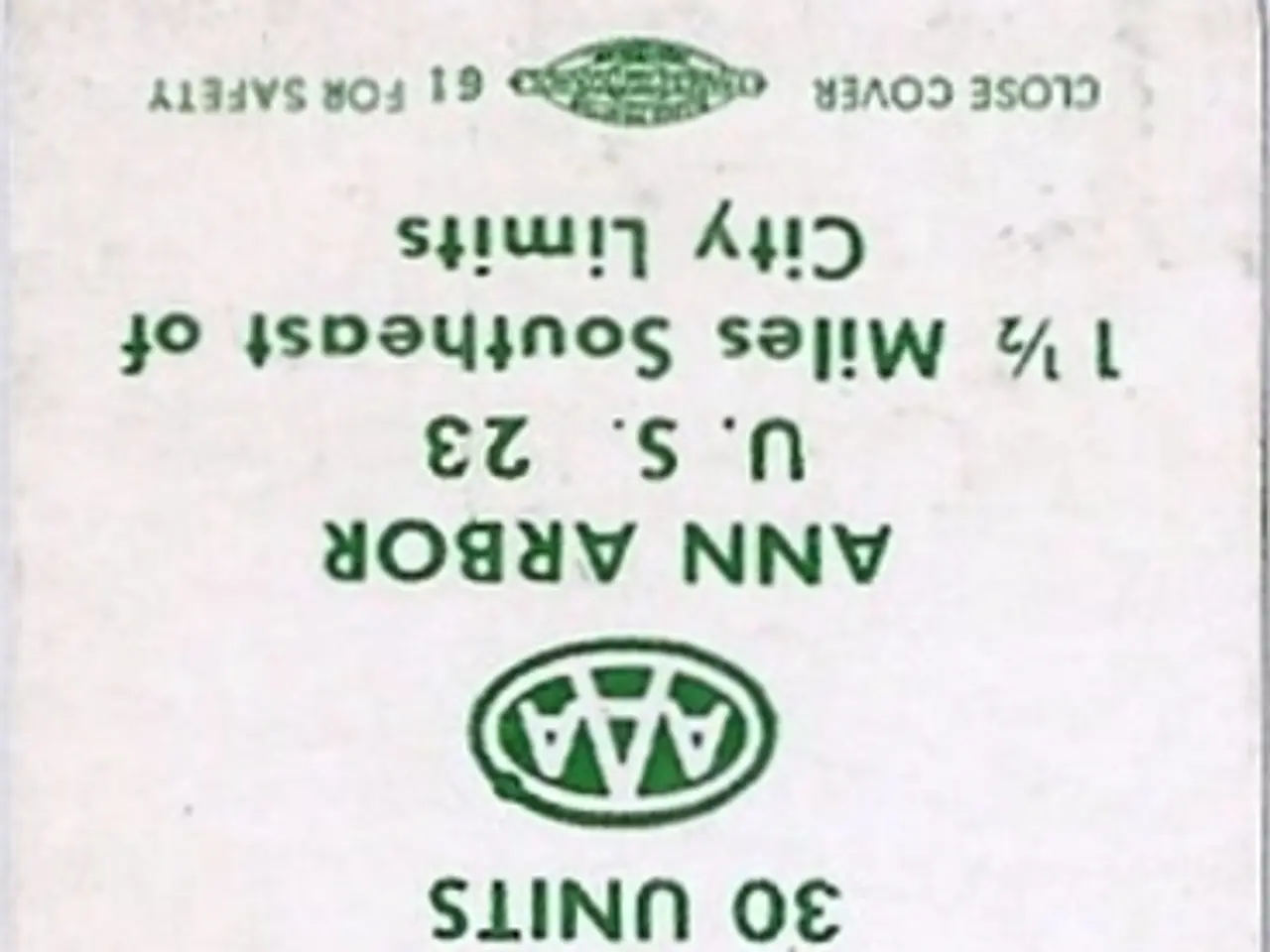Action Taken Too Late, Evident from Initial Move
In a significant move, Keir Starmer's Labour Party in the UK has announced a potential timeline for the official recognition of the State of Palestine, subject to certain conditions. This shift marks a departure from the party's historically cautious position and introduces new diplomatic pressure in the long-standing Israel-Palestine conflict.
Traditionally supportive of Palestinian statehood "in principle," Labour has now outlined conditions such as Israeli steps towards peace, including a ceasefire, no annexation of the West Bank, and a sustainable peace process. If Israel fails to meet these criteria, recognition could be granted as early as September 2025 [1][3].
This policy shift is driven by a combination of internal party pressure, international allies like France, and competition from a rival leftist party led by former Labour leader Jeremy Corbyn, who champions immediate Palestinian recognition [1].
The change aligns with a broader diplomatic momentum seen in other Western countries such as Canada and France, which are also planning to recognize Palestine at the United Nations General Assembly. These nations emphasize the need for reforms in the Palestinian Authority and excluding Hamas from governance, but pushing for a two-state solution to revive peace talks [2][4].
Lea Reisner, Bundestag deputy and member of The Left's Foreign Affairs Committee, brings up the implementation of the International Court of Justice's opinion on the Israeli occupation [3]. Jan van Aken, co-chair of The Left, criticizes current aid deliveries to Gaza as insufficient and the rejection of food aid as "pure propaganda" [3]. He also demands that Germany distance itself from the Netanyahu government, stop all arms deliveries, end the economic preference for Israel, and join France in recognizing Palestine.
Ilan Pappe, an Israeli historian, argues that most Palestinians have little trust in the Palestinian Authority and that Palestine is a state without territory or agency due to Israel's control [2]. He contends that Zionism was a European project from the start, born out of Europe's inability to deal with its own anti-Semitism, and imposed a Jewish state on the Arab world and the Palestinians [2].
Michael Barenboim, a musician and member of the Association of Palestinian and Jewish Academics (PJA), supports the recognition of Palestine but emphasizes the importance of human rights and justice issues, including the rights of Palestinian refugees to return [2]. He advocates for the implementation of international law to end the apartheid system and urges Israel to evacuate settlers, provide reparations to Palestinians, and comply with the International Court of Justice's orders to end its unlawful presence in the occupied territory [2].
Nahed Samour, a Palestinian international lawyer, criticizes the two-state approach as ignoring international legal principles, local realities, and demands of Palestinian civil society [2]. She contends that the two-state approach does not address the fragmentation of Palestinian territory and population, the blockade policy, or violations of international law [2].
Gysi also states that the UN Security Council has determined that the settlements are violations of international law, so their existence cannot be accepted [2]. He rejects the argument that Jewish settlements in the West Bank have made a two-state solution impossible, stating that settlers can either move to Israel or fall under Palestinian jurisdiction [2].
Pappe contends that the Nation-State Law of 2018 in Israel has enshrined a Jewish nation between the Jordan River and the Mediterranean Sea, and a messianic and racist elite has established itself in Israel, seeking to transform the country into a theocracy [2].
The implications of this shift are significant. Increased international diplomatic pressure on Israel to meet peace conditions could lead to potential destabilization of existing diplomatic norms, as warned by some legal experts. Domestic and international political friction is also likely, with Israel harshly criticizing these moves, viewing them as rewarding Hamas and undermining peace efforts [2].
In summary, the UK Labour Party under Starmer has shifted towards a conditional yet concrete plan to recognize Palestine, reflecting growing left-wing and international pressures. This marks a departure from a previously more reserved stance and could influence wider international diplomatic efforts toward resolving the Israel-Palestine conflict [1][3][4].
[1] The Guardian. (2021, June 29). Keir Starmer signals Labour will recognise Palestine if Israel fails to meet peace conditions. Retrieved from https://www.theguardian.com/politics/2021/jun/29/keir-starmer-signals-labour-will-recognise-palestine-if-israel-fails-to-meet-peace-conditions
[2] Middle East Monitor. (2021, July 15). Keir Starmer's Labour Party to recognise Palestine if Israel does not meet peace conditions. Retrieved from https://www.middleeastmonitor.com/20210714-keir-starmers-labour-party-to-recognise-palestine-if-israel-does-not-meet-peace-conditions/
[3] The New Arab. (2021, July 15). Labour Party to recognise Palestine if Israel fails to meet peace conditions. Retrieved from https://www.alaraby.co.uk/english/news/2021/7/15/labour-party-to-recognise-palestine-if-israel-fails-to-meet-peace-conditions
[4] The Jerusalem Post. (2021, July 15). France to recognize Palestine in UN General Assembly, Canada to follow suit. Retrieved from https://www.jpost.com/international/france-to-recognize-palestine-in-un-general-assembly-canada-to-follow-suit-673970
The policy-and-legislation shift regarding the recognition of Palestine by the UK's Labour Party follows a combination of internal and external pressures, with the party outlining conditions such as Israeli steps towards peace. This diplomatic move aligns with similar policies being considered by France and Canada at the United Nations General Assembly (policy-and-legislation, politics, general-news).
The proposed recognition of Palestine by Western nations underscores the need for change in the Palestinian Authority, while also advocating for excluding Hamas from governance. The change could lead to potential destabilization of existing diplomatic norms, as warned by legal experts (war-and-conflicts, general-news).








